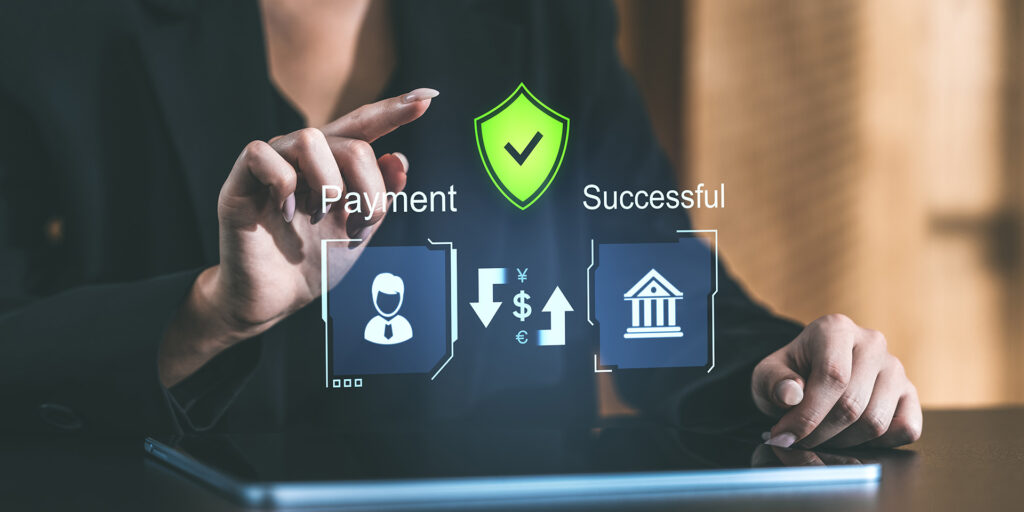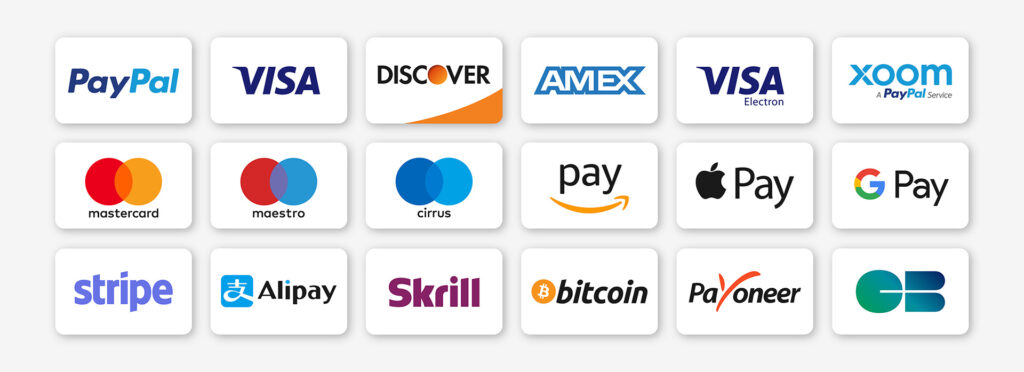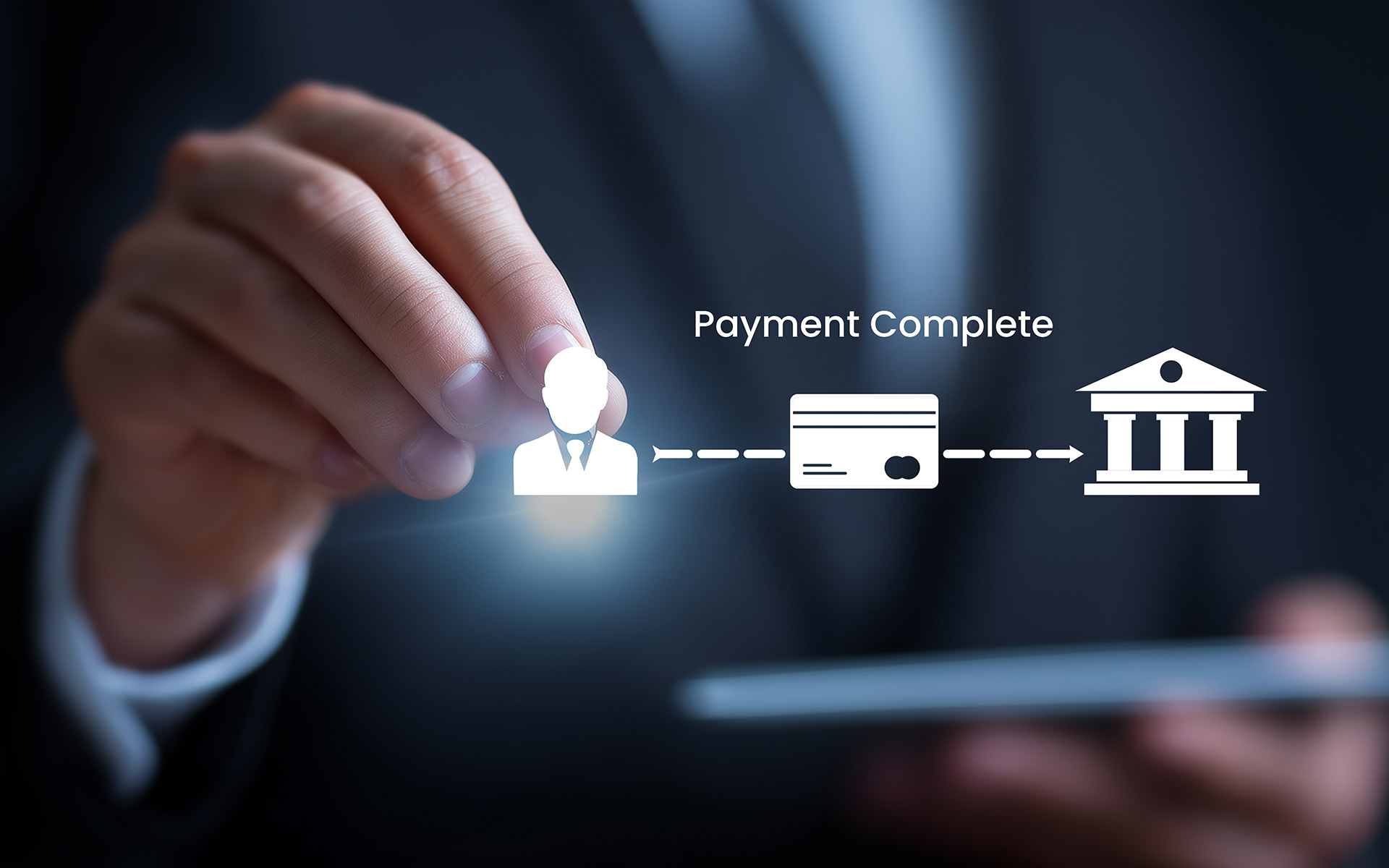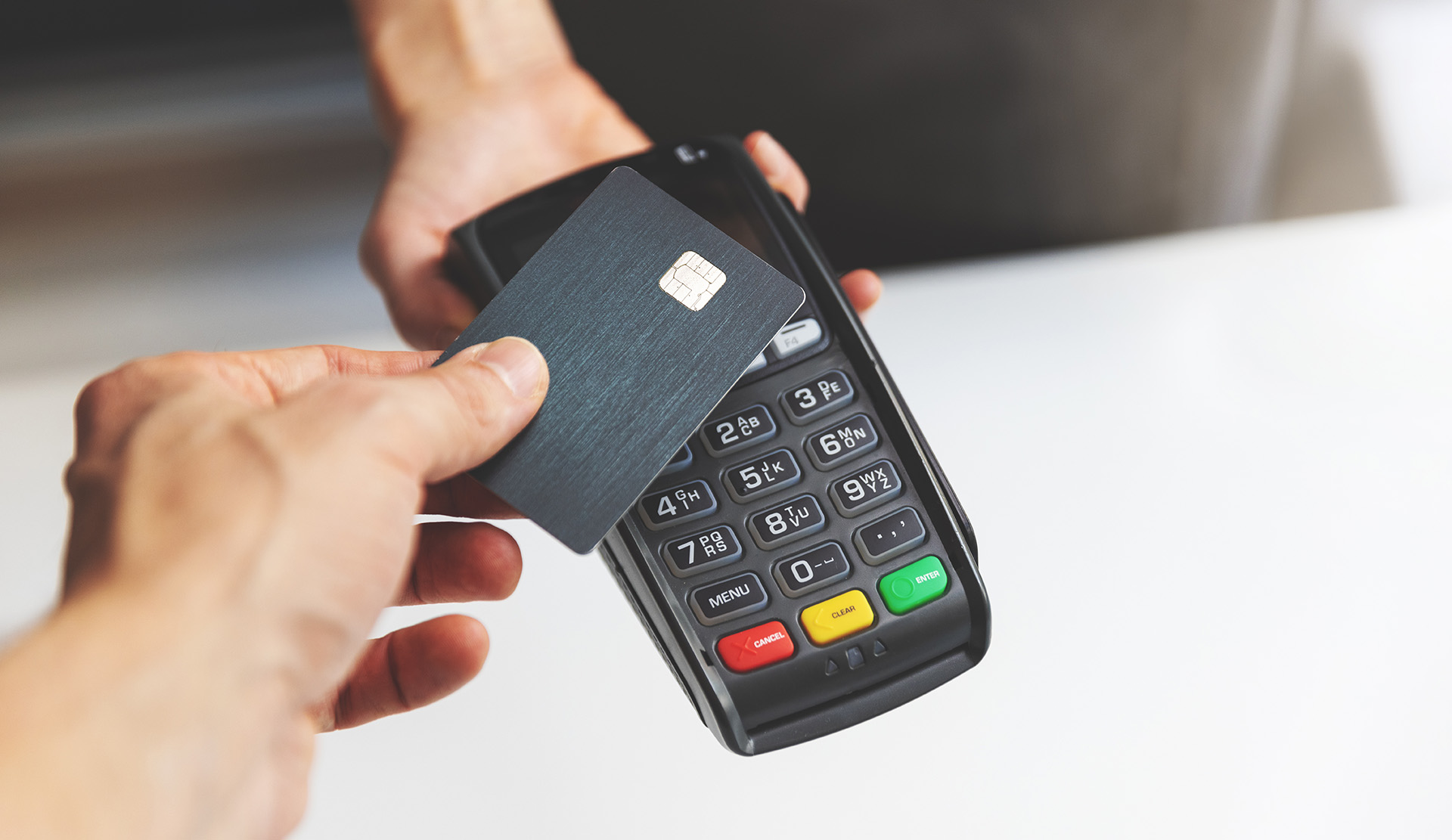Explore the top features of a good payment processor
Are you a small business owner? No matter whether your business is large or small, to cope with the current digital trends, it is necessary to have the option to accept digital payments. As per reports, the global payment processing market will reach $139.90 billion by 2030. And businesses switching to more digital transactions, driven by e-commerce and mobile payments, are the key reasons behind this expansion. However, a processor that offers multiple payment methods can improve the overall customer experience and make the payments faster. But firstly, you need to know what features add value to make a payment processor good and which processor would be great for your small business. Today, in this blog, we will elaborate some significant factors on payment processors besides guiding on picking the best fit for your business needs.

Key Takeaways
- Select an ideal payment processor that is highly convenient for your customers and operations.
- Scrutinize applicable fees to understand the total amount you must pay monthly.
- Compare the processors to determine which one can significantly protect your business margins.
- Consider some additional services such as fraud protection and chargeback management.
- Ensure the payment processor you choose provides a seamless integration with your business’s existing platforms.
Role of Payment Processors - How It Helps Businesses?
In the modern electronic payment ecosystem, payment processors play a vital role, enabling many businesses to accept different forms of payments from customers. Below, we are describing the efficient role of such payment processors along with their primary functions that are highly responsible for providing seamless payment processes for different businesses –
Transaction Support
When a customer purchases, the processor initiates and receives the transaction details. Then, it securely transmits the proper information to the appropriate parties. These include the issuing bank, the customer’s bank, and the acquiring bank, the business’s bank, via the network.
Authentication and Authorisation
The processor requests proper authorisation from the issuing bank. This is to ensure that the customer bank has sufficient funds or credit available for transferring. It also helps to verify the customer’s identity and the payment’s validity. Therefore, minimises the chances of fraud and unauthorised transactions.
Funding and Settlement
Once a transaction is authorised from the customer and issuing bank, the processor transfers the funds from the issuing bank to the acquiring bank with proper coordination. The merchant account receives the credit for the transaction amount.
Transaction Reports and Analysis
Payment processors produce proper data about the latest customer payments that help to generate transaction reports, data analytics, and clear insights to help businesses track sales, identify trends, and manage businesses more effectively.
Fraud Detection and Handling Disputes
Payment processors using advanced algorithms and innovative tools can monitor different transactions for fraudulent activity. Thus, it helps businesses minimise exposure to fraud. Such processors also provide excellent support and assistance in handling chargebacks and disputes.
Multiple Currency and Payment Modes Support
Businesses that want to expand globally use payment processors that greatly support multiple currencies. Such payment processors are also very popular for local payment methods. For example, Stripe is a processor that supports more than 135 currencies, allowing businesses to run globally and locally.

What Factors Help You to Choose an Ideal Payment Processor?
Payment processors are an advanced system directly impacting transaction security, cash flow, overall customer experience, and payment process efficiency. Choosing a payment processor requires a proper understanding of what you need and how it can help your business meet evolving needs. Here, we are mentioning some factors you should consider while picking a payment processor:
Fees and Pricing
Firstly, you need to understand the payment processor’s fees and pricing. This often includes the –
- Setup fees
- Transaction fees
- Monthly fees
- Currency conversion fees
So, look for a pricing model that properly aligns with your business’s transaction volume and offers scalability to meet the evolving needs of businesses. Some processors offer tiered pricing or even flat rates. Meanwhile, some other processors ask for a percentage for each transaction and a fixed fee.
Accepted Payment Methods
Ensure that the payment processor significantly supports different payment methods your customers prefer. These should be –
- Credit cards
- Debit cards
- Digital wallets
- Buy now
- Pay later
And even some locally relevant payment options.

Security and Compliance
While picking the payment processors, ensure they follow all the latest industry standards. These include PCI DSS, to ensure a safe environment for handling all the sensitive customer information. The processor’s potential in fraud detection and prevention capabilities should also be considered.
Seamless Integration and Compatibility
You should always have an excellent payment processor with higher compatibility potential with your existing e-commerce platforms, POS system, or other latest business software. Many processors come with some easy-to-use APIs, plugins, or SDKs. These assist in seamless integration with different platforms.
Customer Support
Check the payment processor’s customer support. Ensure that it provides 24/7 support through multiple channels. Those should be – phone, email, and live chat. Also, go through the online reviews and client testimonials that could give you a clear idea of the responsiveness and helpfulness of their customer support team.
Flexibility and Scalability
As your business grows over time, your payment processing needs evolve too. It is why you need to pick a payment processor that assists you in business calling and even offers unique features such as subscription plans, billing, invoicing, and recurring payments. Additionally, considering the payment processing needs, you should pick a payment processor that would also support your future business needs.
So, consider the factors carefully and choose a payment processor that properly aligns with the business requirements. If you need help choosing a globally adaptable payment solution tailored to your business model? Capitalixe offers expert payments and banking solutions for global markets, besides ensuring a simple and secure payment experience across multiple channels for your internal teams and customers.
8 Best Payment Processors for Small Businesses

When it comes to payment processors for small businesses, there are many options. So, let’s explore those in detail to get an overview and to make the right choice.
Square
Square is often claimed as one of the best payment processing methods for businesses, especially small businesses. Due to the payment processor’s easy use, no monthly fees, and simple payment getaways, this payment processor is ideal for both small businesses and in-person transactions. Square also offers an excellent free point-of-sale (POS) system, making it a popular choice for retail and service-based businesses.
PayPal
PayPal is one of the most efficient online payment processing systems for small businesses, and it is recognized globally. This payment processor is also considered an excellent choice to run your e-commerce business successfully or in cases where you need to accept online payments.
Stripe
Stripe is another leading name in payment processing solutions, particularly for small businesses’ online payment systems. It offers customizable solutions and works well for start-ups and larger companies looking for a scalable option.
QuickBooks Payments
Are you familiar with QuickBooks for your business? QuickBooks Payments is one of the most reliable and excellent payment processing solutions many small businesses use. Properly designed to streamline the business accounting and payment processing, it is integrated directly with the QuickBooks account.
Authorize.Net
Are you a business owner who wants a processor with robust features, and you run a business with higher transaction volumes? Then, you can use the top payment processor, Authorize.Net. It has been in the market for over 20 years and is highly trusted by many small and large businesses.
Shopify Payments
Do you want to run an e-commerce store on Shopify? Then, you can use Shopify Payments to process payments quickly and safely. Integrated properly with Shopify’s platform, it provides the best copayment processing solutions and helps small business owners use Shopify.
Venmo
If you run a small business that deals with in-person payments, Venmo is a great option to consider. Being a part of PayPal’s ecosystem, the payment processor is used for safe personal transactions. However, at present, Venmo offers to run a business account within the system for small businesses.
Conclusion
Picking the right payment processor is crucial to ensure the growth and success of small businesses. From the structure to security, proper customer support to seamless integration, each feature of such payment processors should play a role to ensure your business’s success.
So, are you looking for a reliable partner to streamline payments and tailor global payment solutions for your small business? Then, connect to Capitalixe today—your ultimate payment gateway to hassle-free payments & banking services for global markets.
However, take some time, do a little bit of search, and make a strategic decision that will help you to pave a seamless payment experience for your business and customers.







